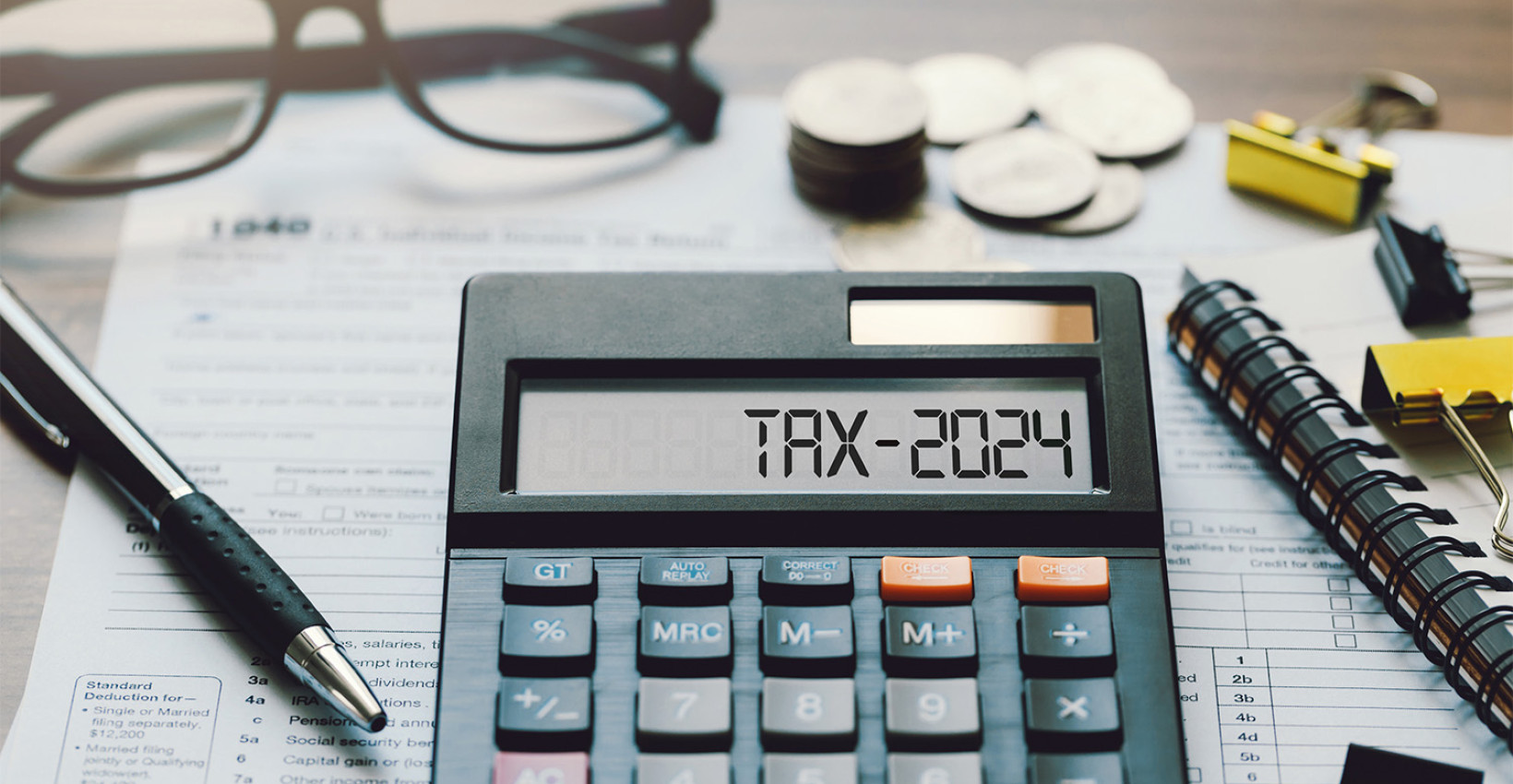24 smart ways to use your tax return in 2024

Receiving a tax return is a great springtime financial windfall — and a chance to splurge, save, or invest. Let’s review 24 ways to make the most of your tax return in 2024 and ensure your financial health is on the right track.
- Pad your emergency fund. Strengthen your safety net by channeling your tax return into your emergency fund, ideally stowing enough away to cover 3–6 months of expenses.
- Pay down debt. Use your tax return to pay off or reduce high-interest debts such as credit card balances.
- Add to retirement savings. Boost your retirement savings by opening a new IRA or adding to an existing account.
- Home repairs. Invest in home maintenance or energy-efficient upgrades that can save money in the long term.
- Save for education expenses. Set aside money for education, whether it’s contributing to a child’s 529 plan or funding your own continuing education.
- Health savings account contributions. If you have a high-deductible health plan, consider placing some of your returns into a health savings account (HSA). Maxing out those funds each year provides much-needed funding for upcoming medical expenses — or you can continue to stockpile those funds for your retirement years.
- Invest in the stock market.* Diversify your investment portfolio by buying stocks, bonds, or mutual funds. Remember to buy them when the market is down because it’s like a nifty little discount!
- Make charitable donations. Support causes you care about and potentially qualify for an even bigger tax deduction next year.
- Purchase life insurance. Purchase or enhance your life insurance coverage to protect your loved ones.
- Refinance your mortgage. Use your return to cover the costs of refinancing your mortgage for a lower interest rate once rates dip a bit more.
- Start a business. Have a small business idea? Invest in a start-up or side business to create an additional income stream.
- Auto maintenance. Put aside money for upcoming auto maintenance or down payment for a new car.
- Travel fund. Start a travel fund for that dream vacation, ensuring you save gradually rather than relying on credit for funding.
- Professional development. Invest in professional development courses or certifications that can lead to career advancement.
- Upgrade technology. Replace or upgrade outdated technology (like that old laggy laptop) that can improve your workflow and personal life.
- Personal development. Take a course in something you’ve always been interested in, like photography or creative writing.
- Establish a living will or estate plan. Give the people you love peace of mind knowing that if something should happen to you, you’ve given directives and clear instructions that they can implement.
- Real estate. Put the money into savings for a down payment on an investment property to generate passive income.
- Family planning. Set aside funds for future family plans, like adoption or fertility treatments.
- Buy quality items. Rather than buying cheap, invest in quality items that last longer and save money over time.
- Renewable energy investments. Install solar panels or invest in green energy projects.
- Get financial guidance. Use a portion of your return to consult with a financial advisor for personalized investment strategies.
- Physical health. Invest in a gym membership, fitness equipment, or a nutrition plan to improve your health.
- Mindfulness and well-being. Enroll in a mindfulness course or arrange for wellness retreats that can enhance your mental health.
Remember, when handling finances, it’s always wise to stagger your spending and savings to ensure a well-balanced approach to your economic well-being. Your tax return offers a unique opportunity to improve your overall financial situation. Before you decide, consider speaking with a financial advisor to tailor these suggestions to your goals and financial plan. Here’s to a fruitful fiscal year ahead!
|
Loan products subject to credit approval.
Learning Center articles, guides, blogs, podcasts, and videos are for informational purposes only and are not an advertisement for a product or service. The accuracy and completeness is not guaranteed and does not constitute legal or tax advice. Please consult with your own tax, legal, and financial advisors.





